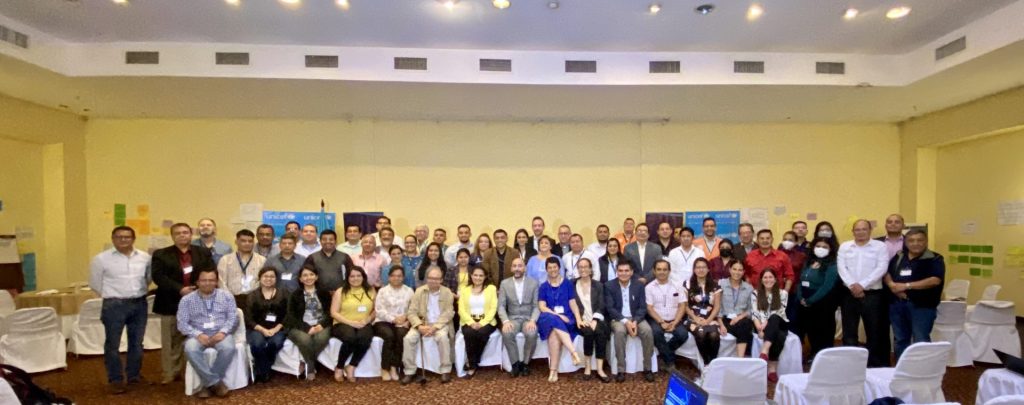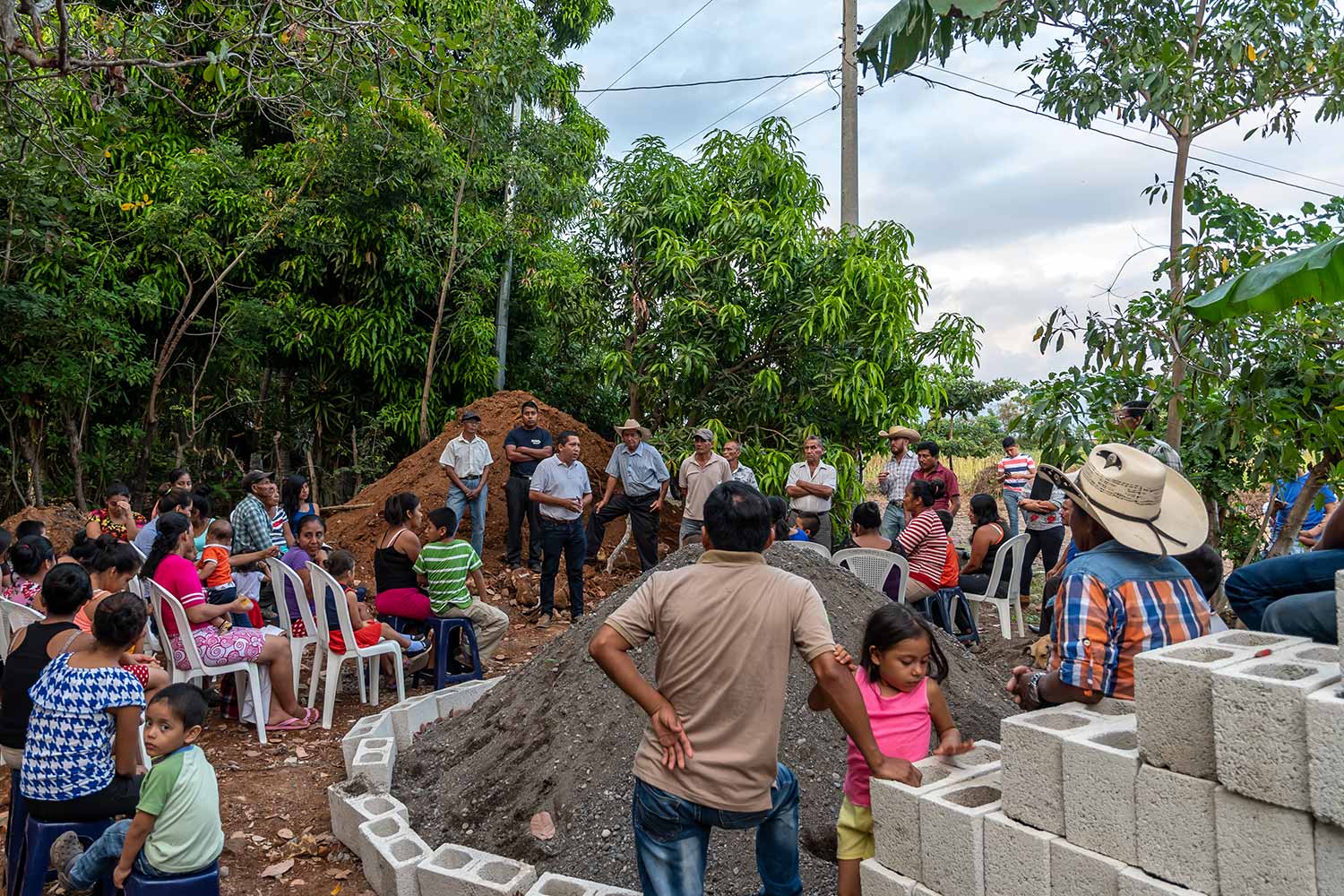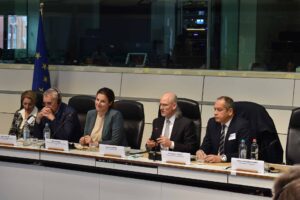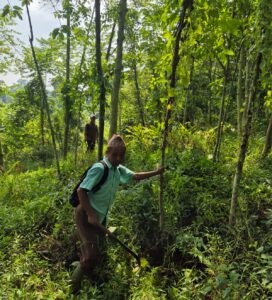Guatemala is taking big steps to upgrade its National Water and Sanitation Policy
In collaboration with SIWI, the UNICEF country office in Guatemala is supporting the Ministry of Public Health and Social Assistance (MPAS) in the process of upgrading of the National Water and Sanitation Policy in Guatemala.
This process is being led by the Department of Regulation of Health and Environmental Programmes of the Ministry of Public Health and Social Assistance of the Government of Guatemala (MPAS). The MPAS has proposed a roadmap for the revision of the National Water and Sanitation Policy Revision to be implemented during the period 2022-2023. This process is governed by Presidential Secretariat for Planning and Programming’s (SEGEPLAN) “Guide for the Formulation of Public Policies” through the Directorate of Public Policies, whose function is to provide technical and specialized advice to each governing body in the public policy formulation process, in addition to linking these processes to the National Development Plan K’atun: Our Guatemala 2032.
SIWI has been invited by UNICEF to coordinate the efforts to advance this process through the implementation of two workshops that took place in 2022. The first diagnostic workshop included participants from various government organizations who identified challenges in the implementation of the current policy and brainstormed possible solutions. The result of the first diagnostic workshop was the baseline on which the second workshop on “Updating the National Water and Sanitation Sector Policy of Guatemala” was held in October 2022.

A new approach
The three-day workshop held in Guatemala City was attended by up to 94 participants representing more than 50 institutions. This important event was attended by the Vice-Minister of Public Health and Social Assistance at the Ministry of Public Health and Social Assistance, Leslie Samayoa.
The main objectives of the workshop for the update of the National Drinking Water and Sanitation Policy of Guatemala were:
- Analyse the roles and responsibilities, and accountability processes among the different actors in the sector.
- Identify causes and effects of the main challenges in the water, sanitation, and hygiene (WASH) sector.
- Develop preliminary objectives and indicators as a basis for the construction of a new National Drinking Water and Sanitation Policy for Guatemala.
Integration of risk analysis
Guatemala, due to its geographical location, is particularly vulnerable to climatic, environmental, and social risks. The magnitude of risks and vulnerability faced by Guatemala has been recognised and measured by different indices. In this context, Guatemala is making progress in defining policies and initiatives to address environmental, climate and other risks, and to reduce its vulnerability and exposure to them. This effort has been reflected, for example, in the international commitments made in the updated Nationally Determined Contributions (NDCs), which include commitments to “strengthen resilience, enhance adaptive capacity and contribute to the reduction of greenhouse gas emissions to reduce the adverse impacts of climate change”.
In the construction of the upgraded National Water and Sanitation Policy, climate and environmental risk analysis was incorporated for the first time in the water and sanitation policy analysis. This exercise was based on a pre-analysis of prioritisation of hazards and vulnerabilities with a core group of experts. Participants had the opportunity to analyse the WASH sector from the perspective of climate vulnerability and to propose possible solutions linked to specific hazards. The results of this analysis were able to support the formulation of specific activities which were considered in the formulation of the structure of the new Policy.
Outcomes
After three days of intense work, a consensus was reached on the analysis of roles and responsibilities for eight sub-sectors. The new policy structure outlines specific objectives, results, and guidelines.
Eight teams set goals for 2027 and 2032 with specific objectives grouped into four approaches: governance, environmental risks, information systems, and social management.
This methodology is a first in Guatemala. The overall analysis was enriched by incorporating the conclusions of the core group result of the first diagnostic workshop. In addition, prior research and analysis of climate and environmental risks was carried out, which was a fundamental input for the different exercises.
These important inputs will form the basis of the National Water and Sanitation Policy in Guatemala. SIWI and UNICEF will continue supporting policy formulation with the government through their cooperation agreement.








